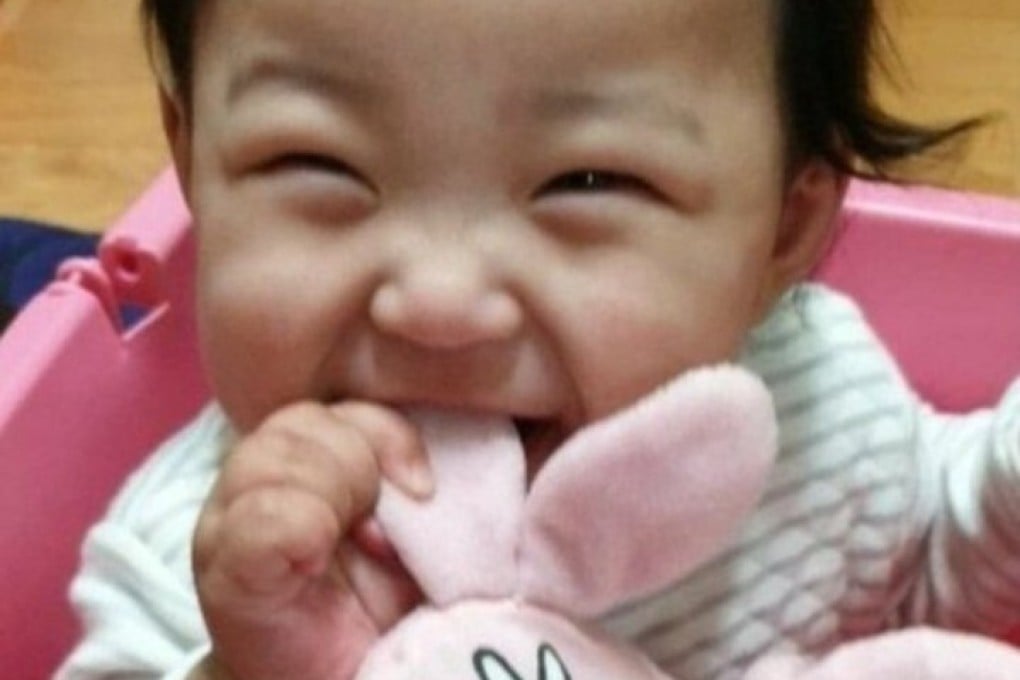‘Sorry Jeong-in’: how K-pop stars and a Twitter campaign are forcing a rethink of South Korea’s ‘profit-driven’ adoption services
- Death of a 16-month-old baby, allegedly at the hands of abusive adoptive parents, has reopened a national debate on the country’s adoption services
- Critics say the services have become too focused on profitable overseas adoptions and that vulnerable children are being commodified

For many people in South Korea, 2021 started with an apology.
The words “I’m sorry, Jeong-in”, reverberated around Twitter, as across the country people vowed to remember the death of a 16-month-old baby girl who allegedly suffered at the hands of abusive adoptive parents, and never to let it happen again.
Among those joining the cause were television actors, such as Shin Ae-ra, and K-pop stars such as Jimin, of boy band BTS, and the singer and actress Uhm Jung-hwa.
It was not only the rich and famous, but the whole nation that was shocked when the investigative SBS television show Unanswered Questions detailed the child’s injuries in a documentary that aired in January.
Jeong-in, who died in Seoul in October last year, had suffered severe abdominal injuries and bleeding caused by “strong external force applied on her back”, according to a forensic examination. She had fractured bones and bruises all over her body.
The “I’m sorry” campaign is centred on getting justice for Jeong-in and already there are signs the pressure is having an effect.
Jeong-in’s adoptive mother had initially been charged with child abuse resulting in death, but following criticisms that prosecutors in their trial had been too lenient – and a re-examination of the case by forensic experts – the charge was raised to murder.